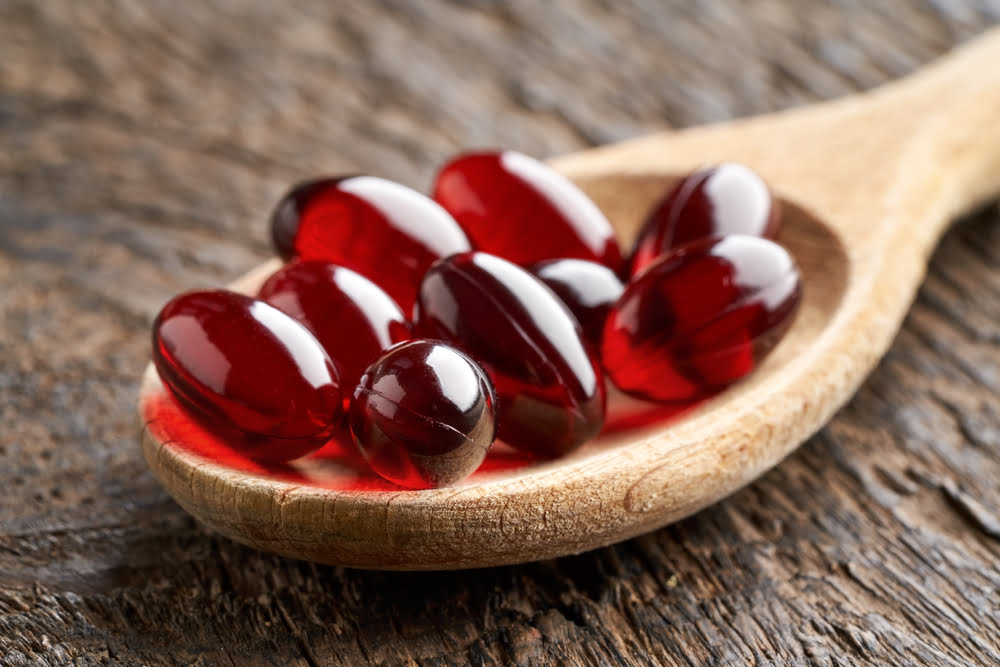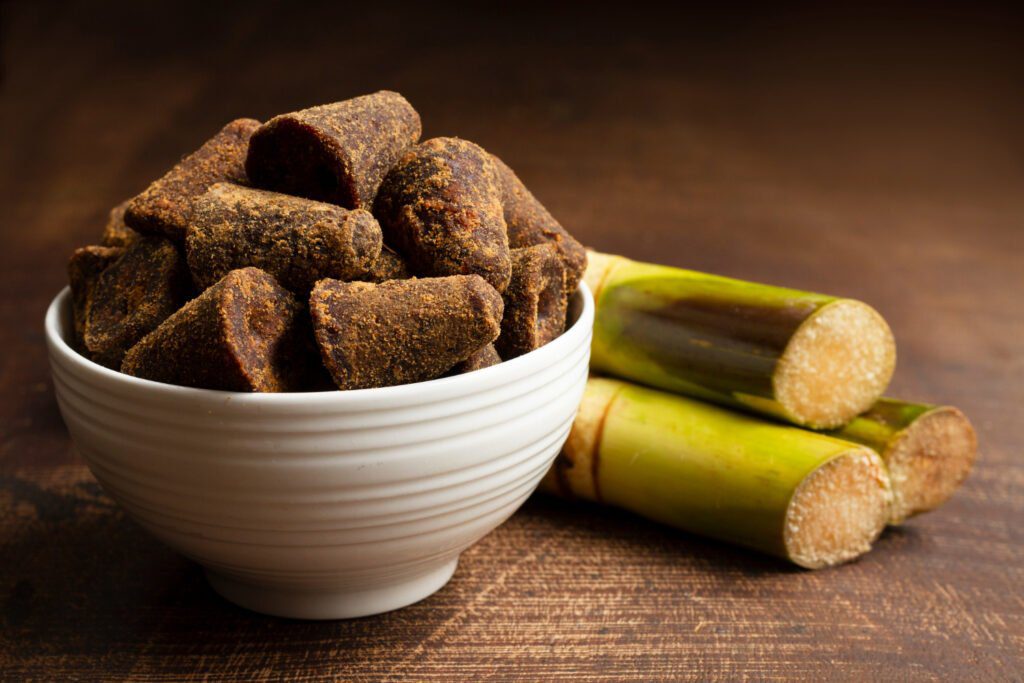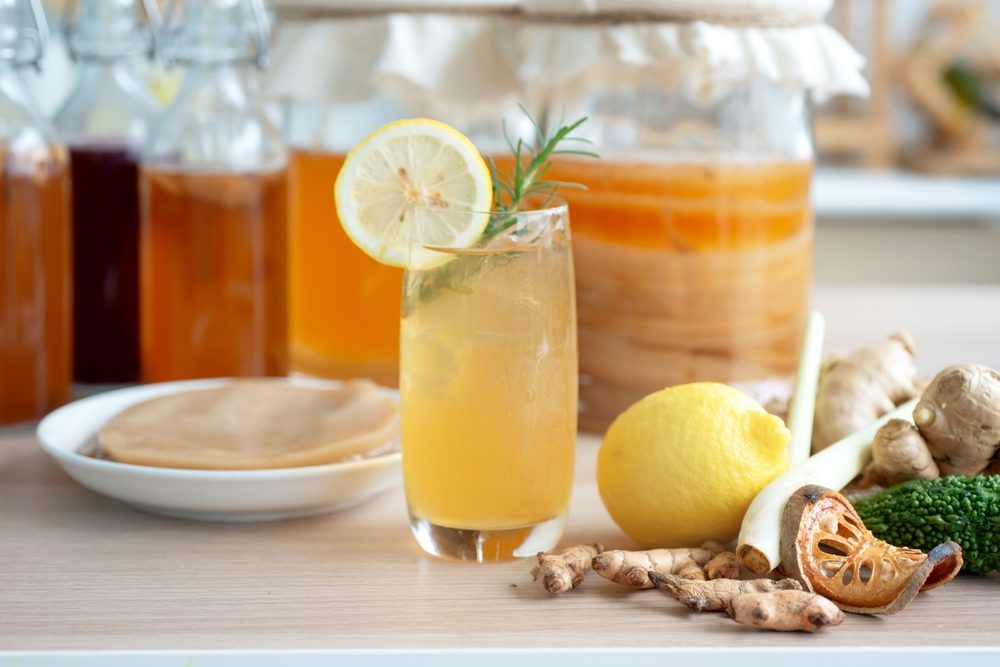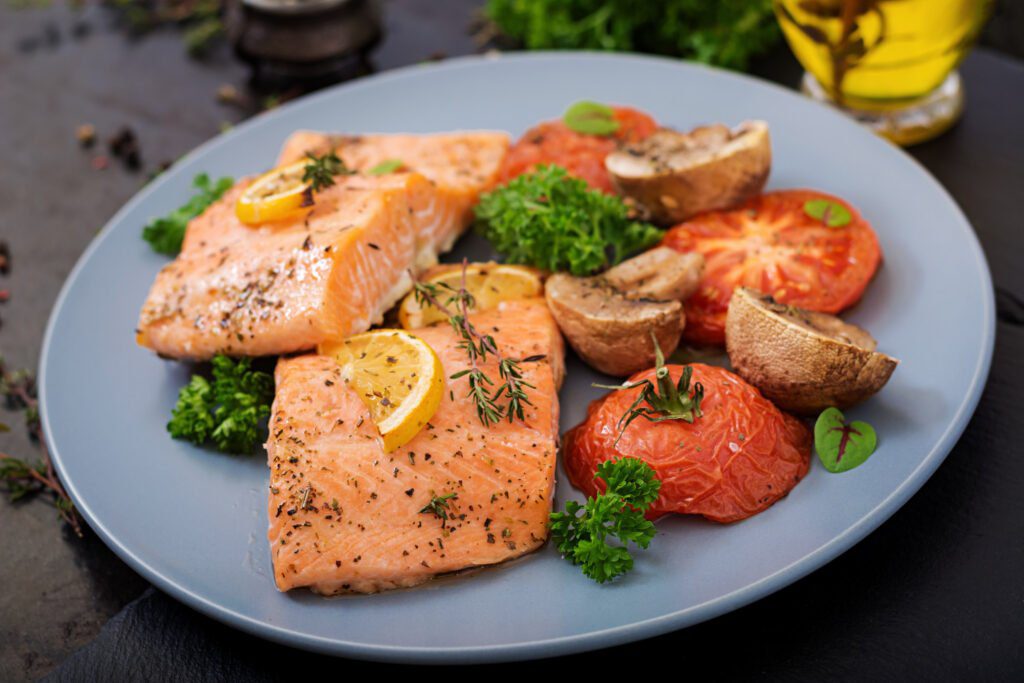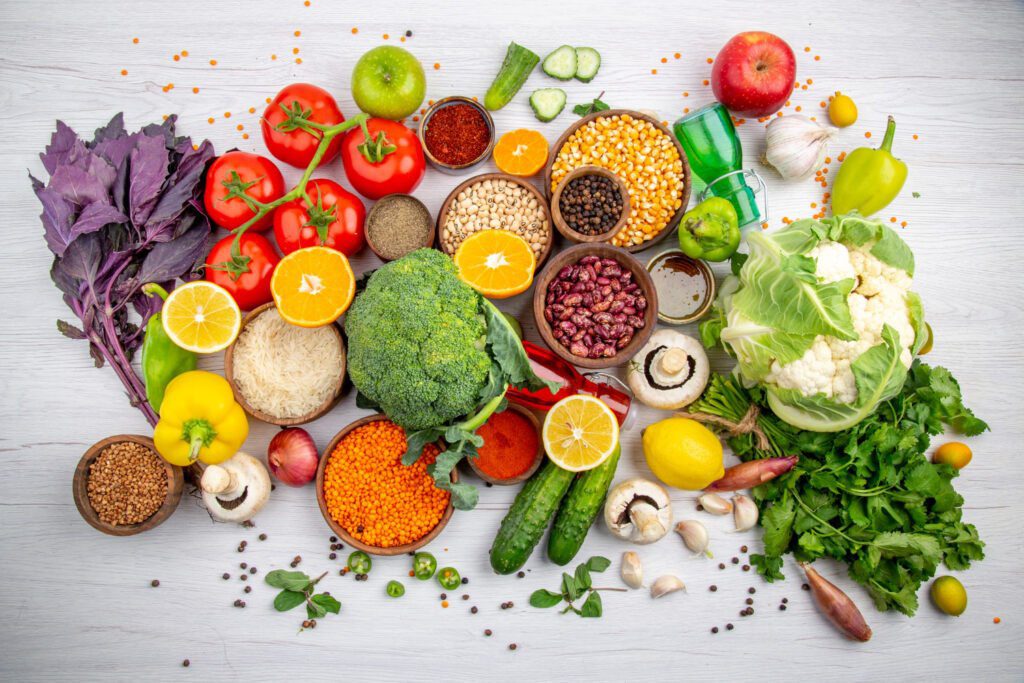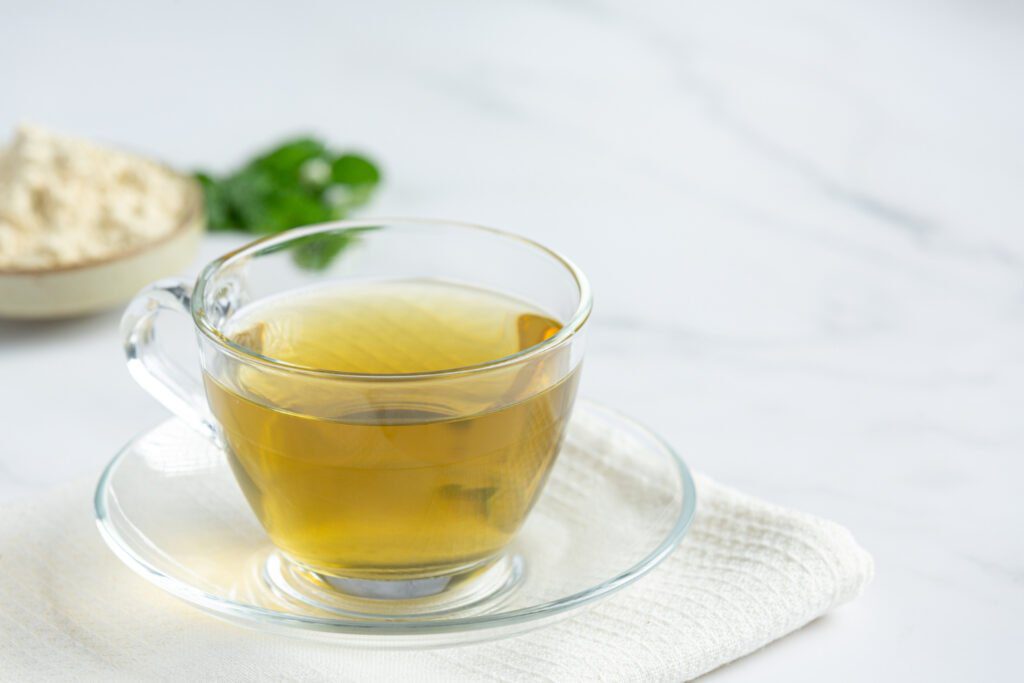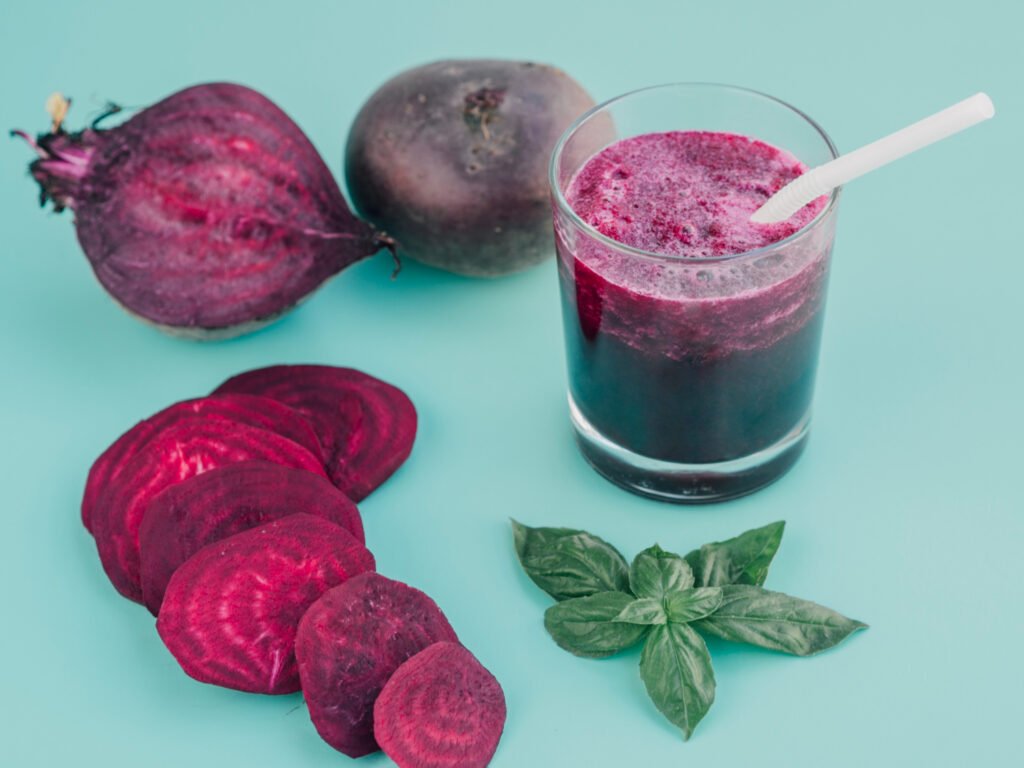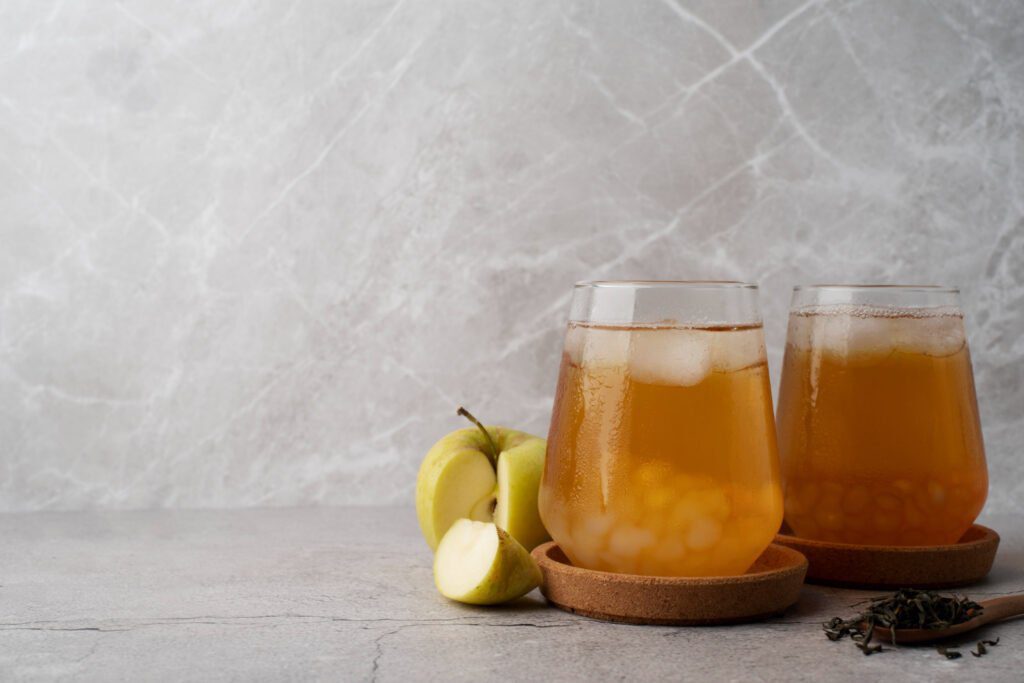Astaxanthin is actually a natural carotenoid pigment found in certain aquatic organisms. It is an organic pigment produced by some types of microalgae that are the food base for zooplankton or krill , which assimilate it when feeding on them. In turn, it is the pigment responsible for the red or pink color of various marine animals, such as shrimp, crabs and salmon, which assimilate it into the food chain originating from the base of producing microalgae.
Astaxanthin: The Antioxidant Supplement for Athletes.
It is one of the substances with the greatest antioxidant power, 6,000 times more antioxidant power than vitamin C; 550 times more than vitamin E and green tea; and 800 times more than Coenzyme Q10.
It has a unique structure and works in a unique way and unlike other carotenoids, it is not converted to vitamin A in the human body.
It acts on at least five different inflammation pathways and can move many more free radicals at a necessary time. As it has a combination of high antioxidant power and anti-inflammatory properties, its action power is very broad. That is why it is so useful to solve a wide range of health problems.
Some Properties of Astaxanthin.
Here are some of its properties and uses:
- Antioxidant: It is one of the most powerful antioxidants known. It helps neutralize free radicals in the body, which are unstable molecules associated with aging and various diseases.
- Anti-inflammatory : prevents and improves joint pain and helps tissue regeneration.
- Eye health: May benefit eye health by crossing the blood-brain barrier and blood-retinal barrier, thus protecting the retina. It may help reduce the risk of eye diseases such as age-related macular degeneration (AMD).
- Cardiovascular health: May have positive effects on cardiovascular health by reducing the oxidation of LDL cholesterol (“bad” cholesterol) and improving blood vessel function.
- Skin Health: Appears to help protect skin against damage caused by the sun’s ultraviolet radiation and improve skin hydration and elasticity. It is recommended to smooth wrinkles, reduce age spots and maintain healthy skin.
- Neural health: It also protects neurons and helps delay the effects of cognitive decline linked to age, as well as the decline in psychomotor functions .
- Sports performance: Some athletes and active people take it as a supplement not only for its antioxidant power, but also because it helps with resistance by improving fat metabolism, as a source of energy during exercise. It helps reduce muscle damage caused by excess free radicals during intense or long-duration exercise, and recovery after exercise.
Other Benefits of Astaxanthin.
Astaxanthin is found in some foods such as salmon that eats krill rich in this substance. In addition, these marine foods are also a source of omega-3 fatty acids and collagen , which reinforces their properties.
The amount present in the diet may be limited, and some people choose to take supplements to obtain greater amounts. As with any supplement, it is advisable to speak with a health professional before starting taking astaxanthin, especially if you are pregnant, nursing, or have pre-existing medical conditions.
The European Food Safety Authority (EFSA) suggests a daily consumption of 8 mg of astaxanthine to obtain its protective benefits. This is equivalent to consuming more than a kilo of wild or farmed salmon per day. Most supplements come from Haematococcus pluvialis , a freshwater green algae with a high content of astaxanthin, which it produces under stress conditions as a defense mechanism.
How we reviewed this article:
Our team of experts is always monitoring the health and wellness field, ensuring that our articles are updated promptly as new information emerges. See Our Editorial Process
May 13, 2025
Written By: Danielle Pashko
Reviewed By: Corissa S.
Written By: Danielle Pashko
Reviewed By: Corissa S.

 Workout
Workout
 Meditation
Meditation





 Contact Us
Contact Us

